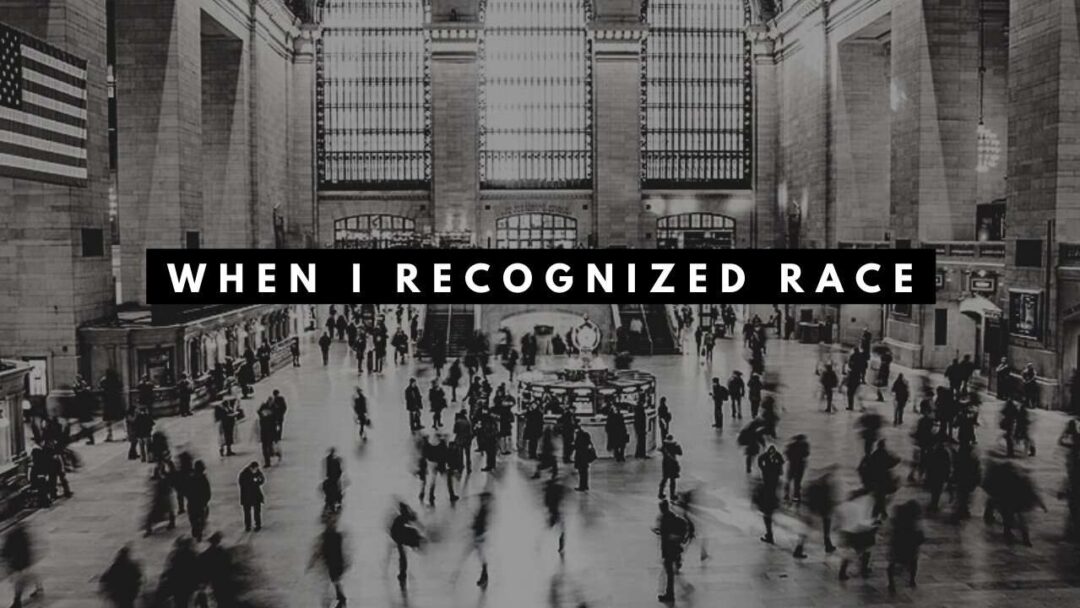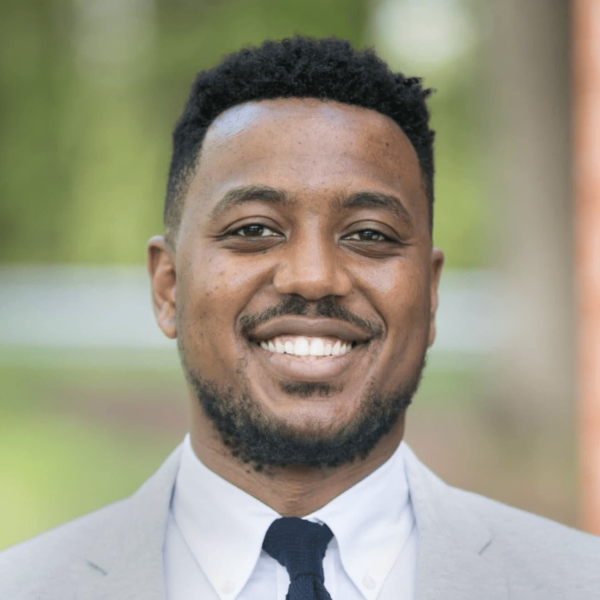I don’t remember all the specifics about my first experience When I Recognized Race, but I remember the effect that it had on my young soul. I was a first-grader in a majority white elementary school, and my experience happened during Black History Month. Now, I don’t have the greatest memory, but I can remember being one of two black students in Mrs. Jones’s class. I can remember sitting beside a blonde-haired girl named Ramsey. I can remember that neither of us was that great at math. I can still picture the rows of students at their desks in the classroom, but on this day, I really don’t remember much of what happened during class. I remember the teacher discussing the institution of slavery. I remember Dr. Martin Luther King’s name was mentioned at some point, but what specifically was said about black history or black people, I don’t know. All that I know is that afterward, a white classmate told me, “It’s not cool to be black,” and when I left school that day, being black meant something different than it did before. It was as Richard Wright said in Black Boy, “a sense of the two races had been born in me with a sharp concreteness that would never die until I died.”(1)
While it certainly wasn’t a salvific experience, a kind of wind blew over my soul in that moment that did a transformative work in how I viewed the world. While there was no water involved, a kind of baptism occurred, one that Richard Wright called a “baptism of racial emotion.”(2) This wasn’t the first time I realized my blackness, but it was the first time that my blackness was experienced under the gaze of those who looked different from me. This was the first time I realized that to be black meant at times being negatively perceived by others, perceived with a horrific history and an inferior image, and that’s what weighed the heaviest on me from this conversation in that little classroom. Others saw my blackness as a badge of dishonor.
Although I don’t remember exactly what was said in class that day, I remember feeling deep shame and anger afterwards. I felt as if I had been singled out and saddled with an immovable burden. This was a different feeling than just being put on the spot. In the young eyes of my white classmates—many who were hearing about the history of black people in this country for the first time—I became the embodiment of this peculiar history that started with subjugation and the inferiority and pity that came with that. That day I felt the seeds of assimilation planted within seven-year-old me that told me that it was better, even if just cooler, to be white.
When I went home that afternoon and told my parents what happened, they reaffirmed that I was created in God’s image. This would’ve been a sufficient balm for my wound, but they didn’t stop there. My Dad did something that would stick with me to this day. He took my seven-year-old hand and clenched my fingers together in a fist. He held it up, and in a half-serious way he told me that the next time someone makes you feel bad for being black, hold up your fist and tell them, “I’m black and I’m proud.” He said, “Tell them black is beautiful.”
What my Dad did that evening might have looked like a display of black pride, a father’s teaching his son to look to his skin color for hope. Teaching me that I, along with everyone else, was created in the Imago Dei should’ve been enough, right? It should have been. The problem was that I had realized that not everyone in this world, historically and presently, perceived others in that way. What my Dad did in that moment wasn’t an attempt to build my pride on the insufficient hope of my skin color or ethnicity. He wasn’t doing this to proclaim that to be black is to be better than everyone else. Rather, he was dignifying something that had been downtrodden. My father was lifting up my soul that had been bent down by the burden of what it meant to be black in America. Had he neutralized my blackness by insisting that “it doesn’t matter what color you are,” he might have placed a temporary band-aid on the woundedness of my soul that my next encounters with race and racism would tear open afresh. But by lifting up the downtrodden through his affirming the beauty and dignity in how God made me, my Dad was reflecting the character of our Lord who, in His justice and His love, is said to lift up the downtrodden and oppressed (Psalm 146:8 CSB).
I speak from my experience with blackness, but a similar reality is true for my Asian and Latino brothers and sisters. When dignity has been downtrodden and when the crushing burden of racism and inferiority has been unjustly placed on people or individuals, part of pursuing reconciliation and unity is loving our neighbor by recognizing and affirming God’s image in others where it has been diminished and damaged.
- (1) Richard Wright, Black Boy (New York: HarperCollins, 2006), 46.
- (2) Ibid., 49
Prayer Requests:
- Pray for hearts that would see ethnicity not as something that goes from being downtrodden to disappearing, but as something that is dignified by our Lord.
- Pray for empathy for when we hear the stories of others’ burdens with race, that we would know how to bear one another’s burdens.
- Pray for the many children who encounter and deal with the broken and sinful realities of race and racism at a young age.












